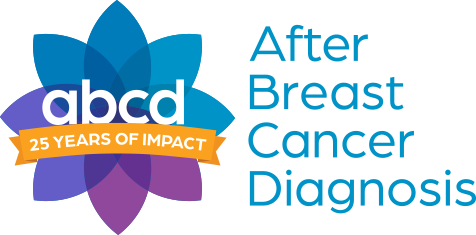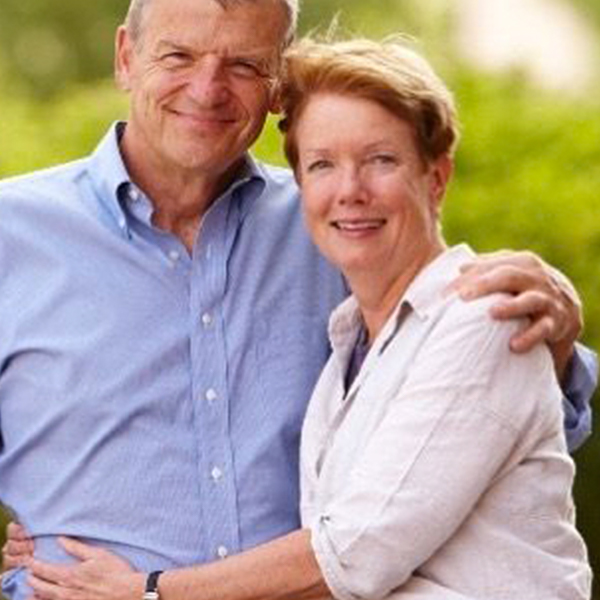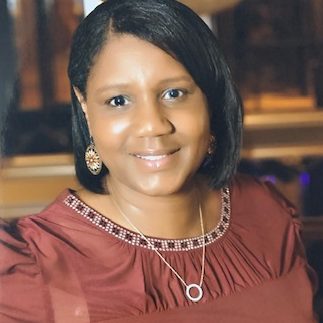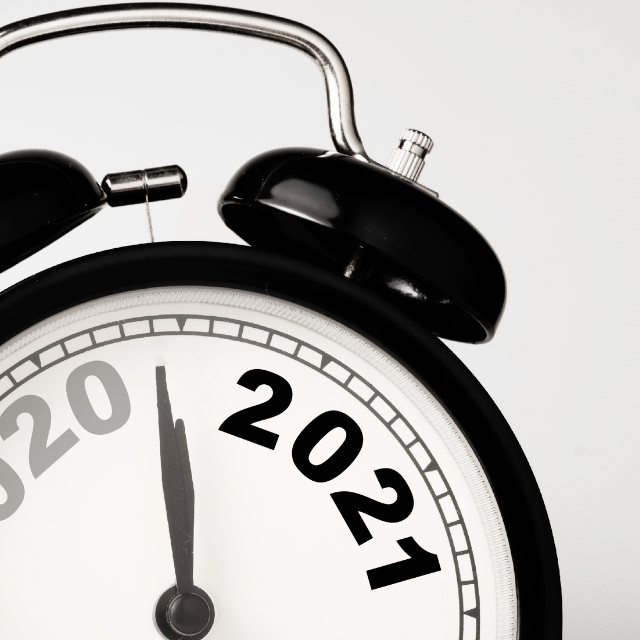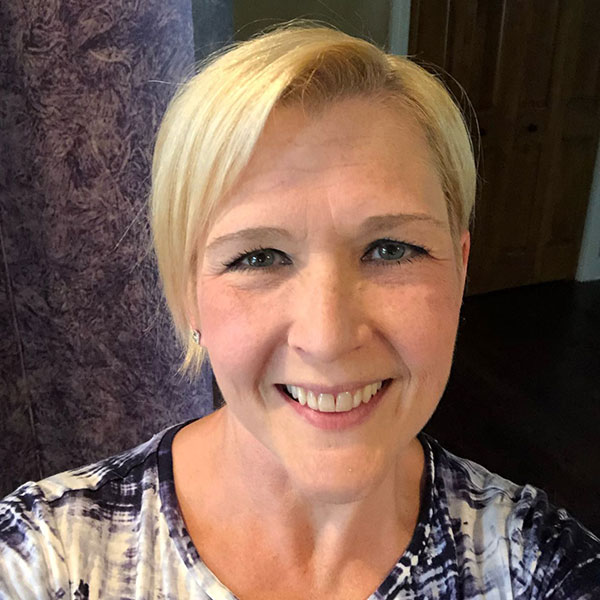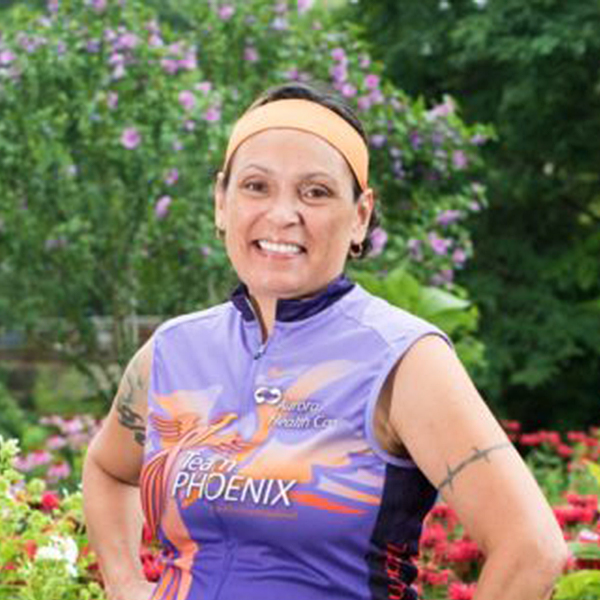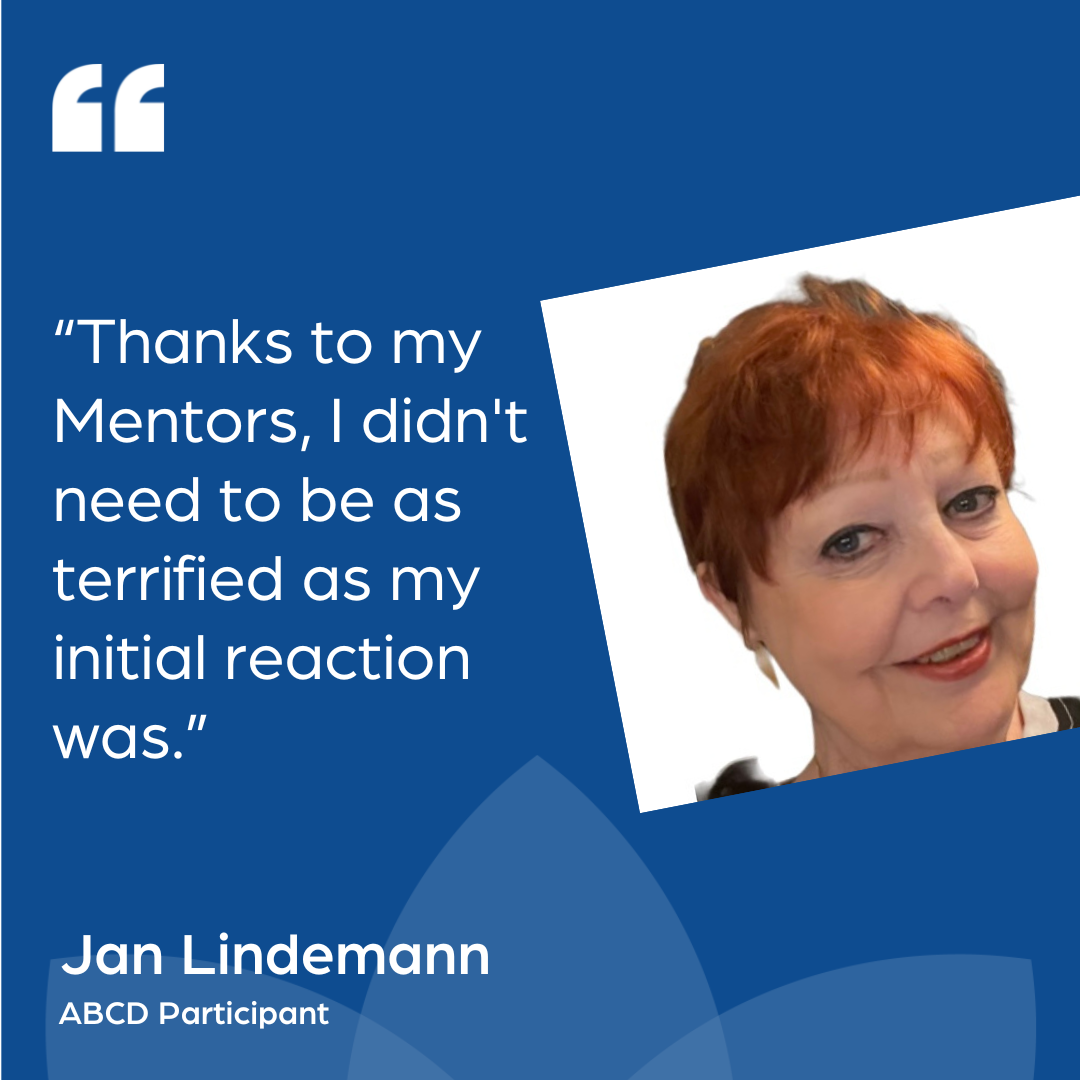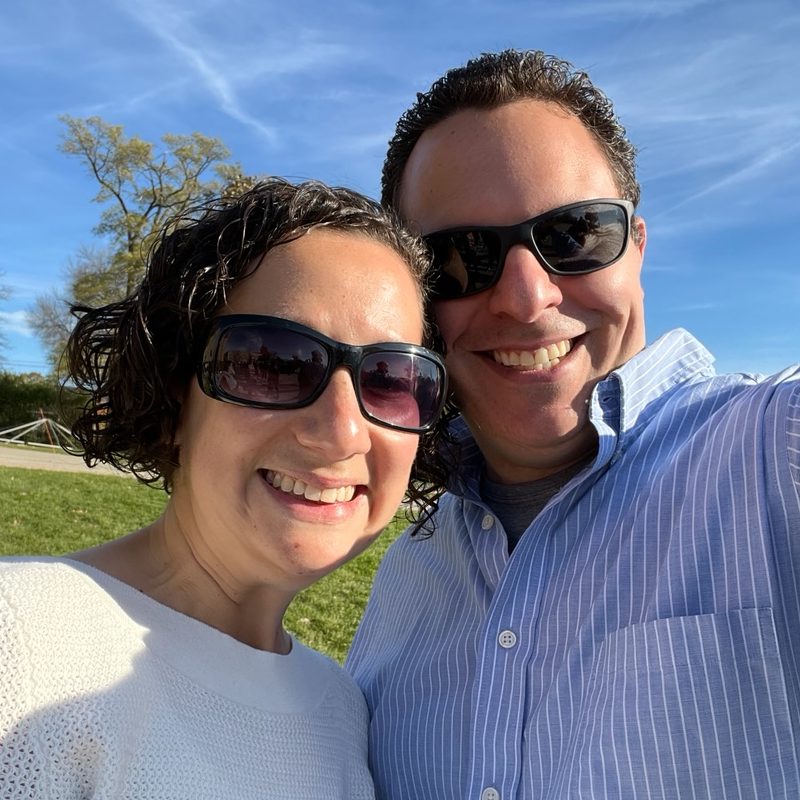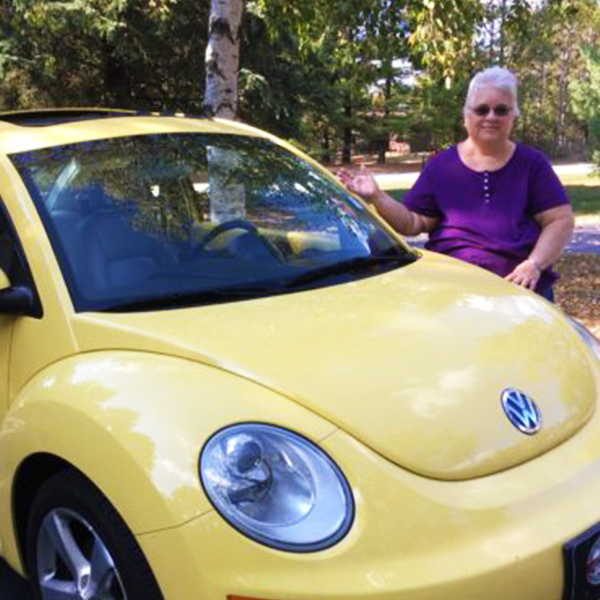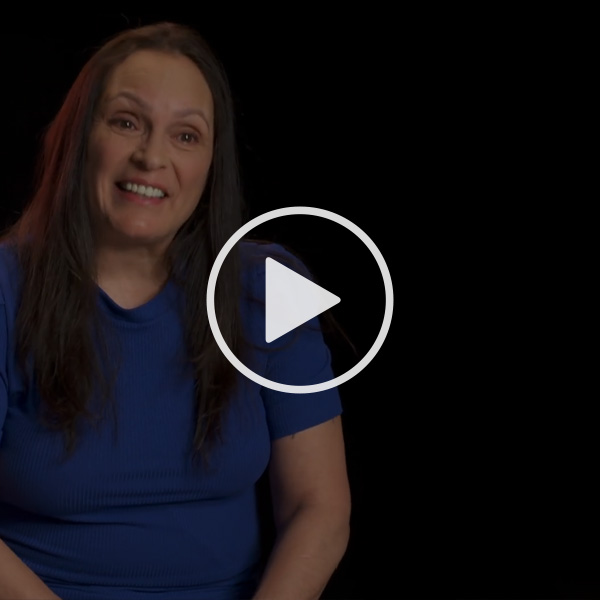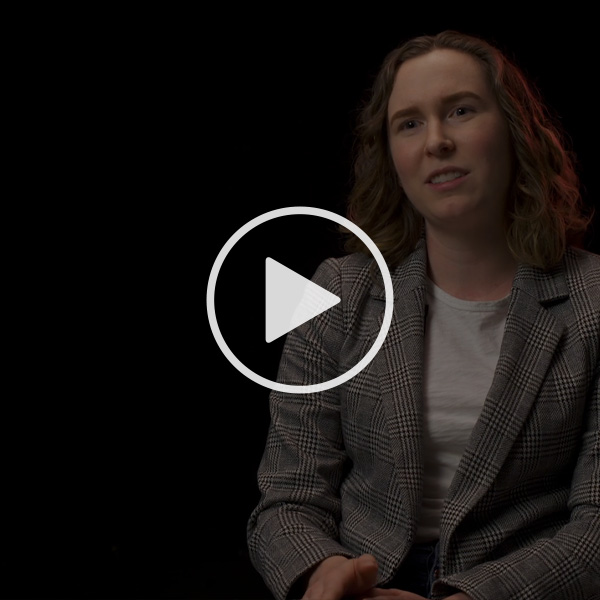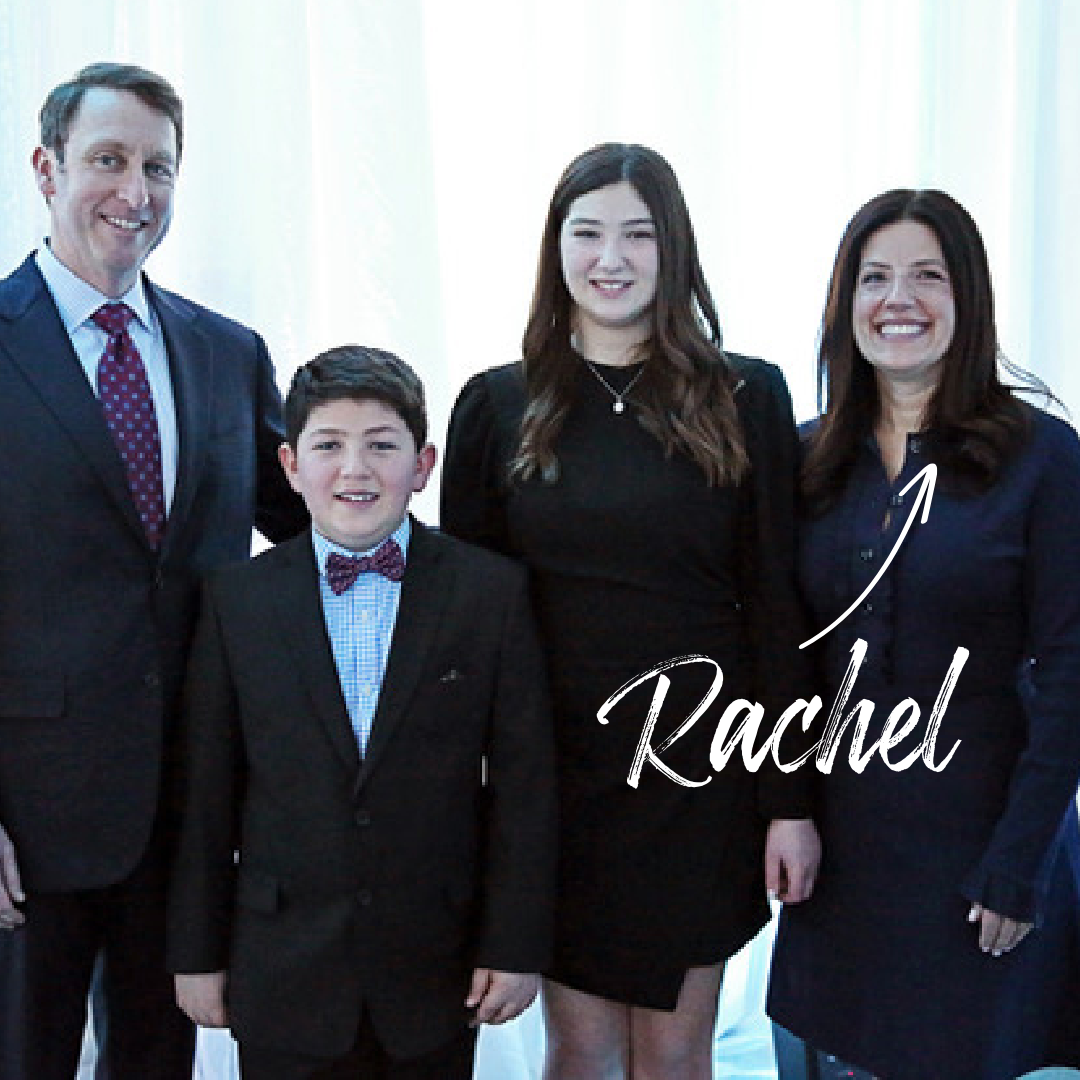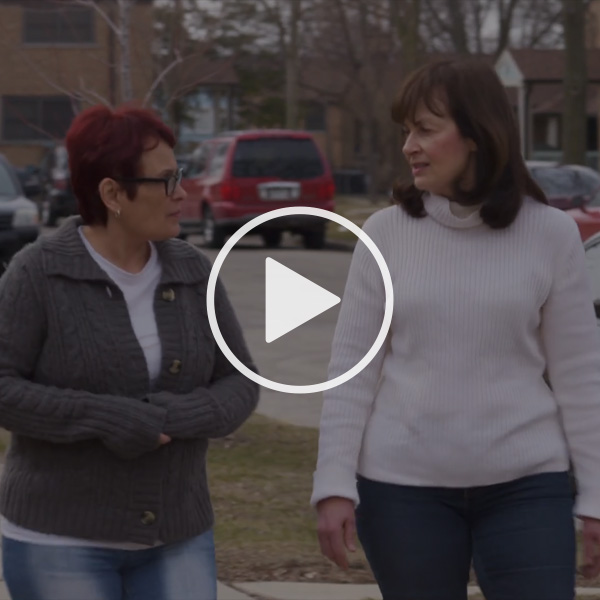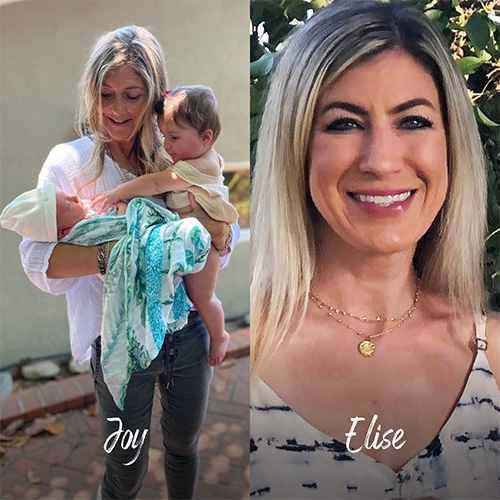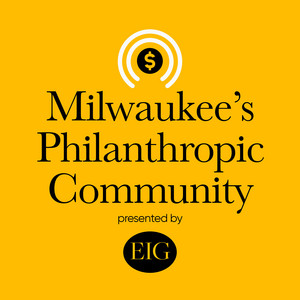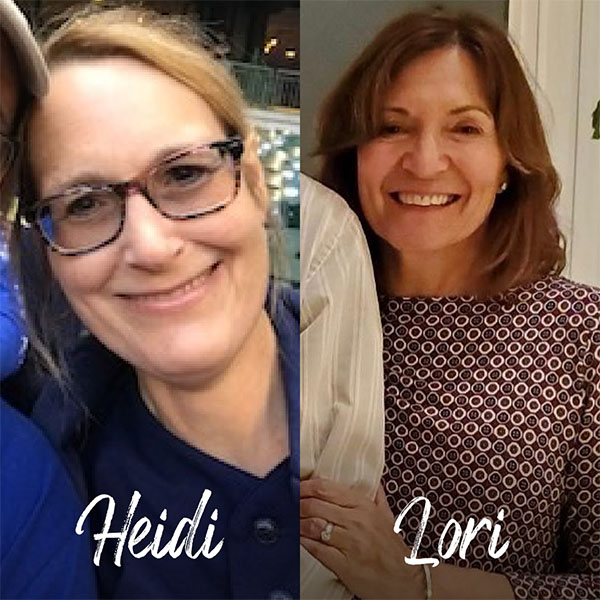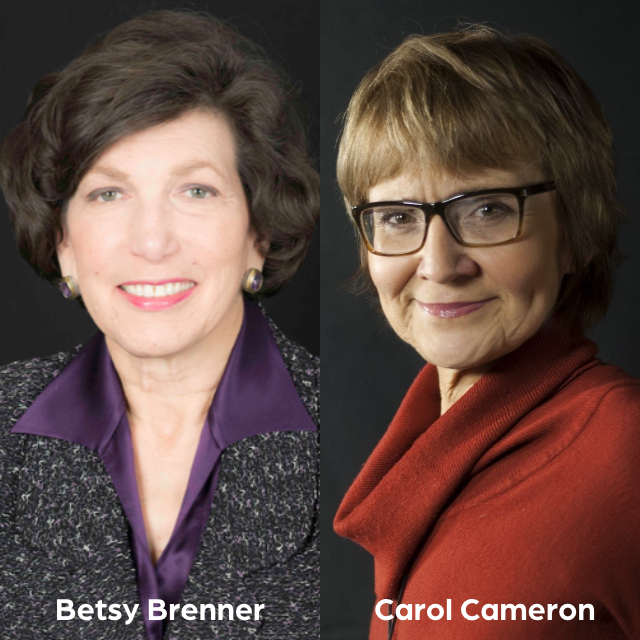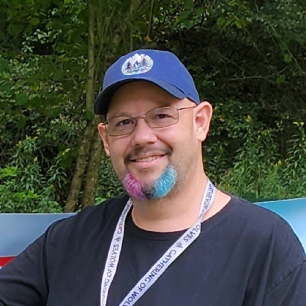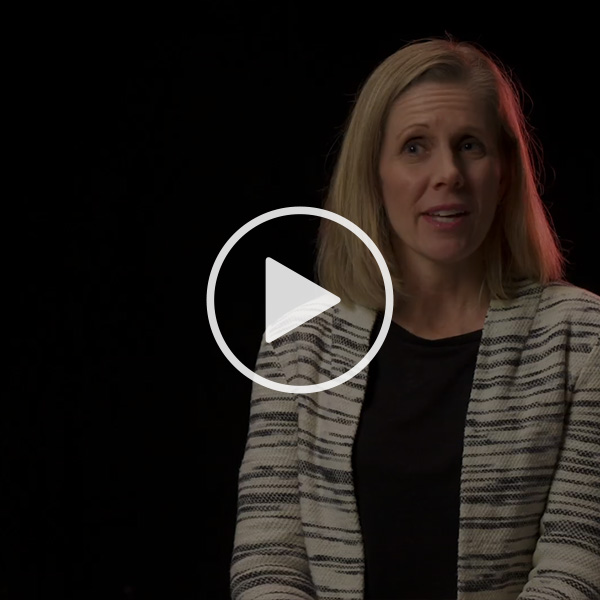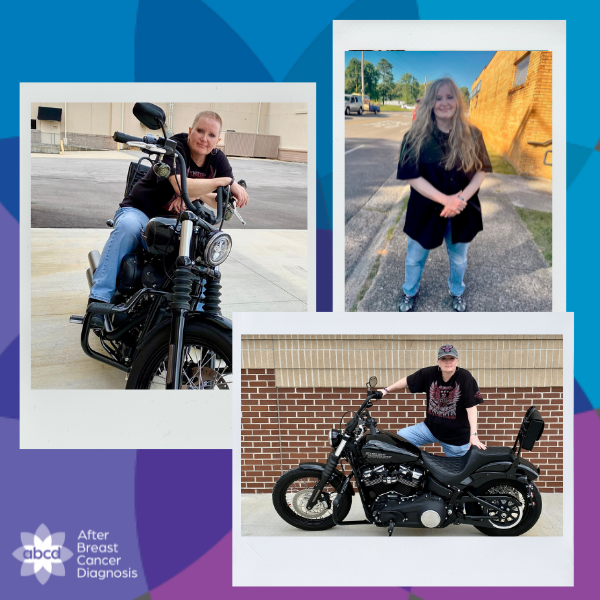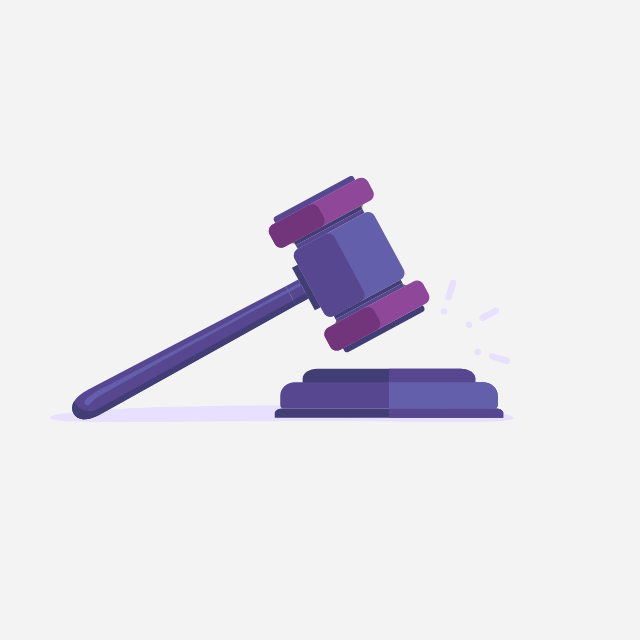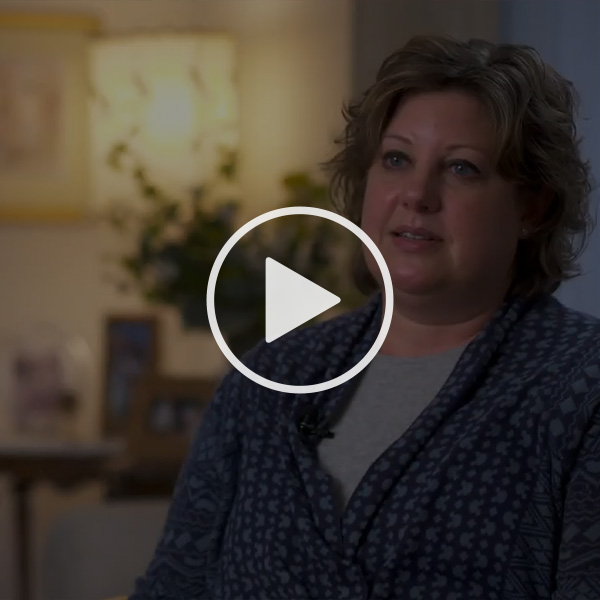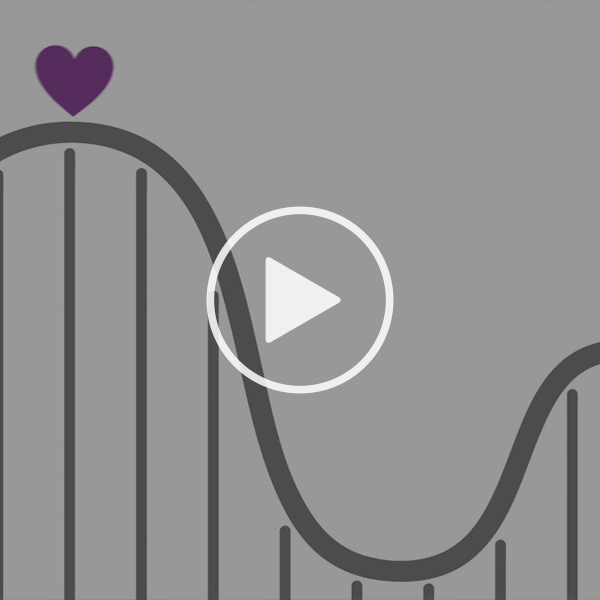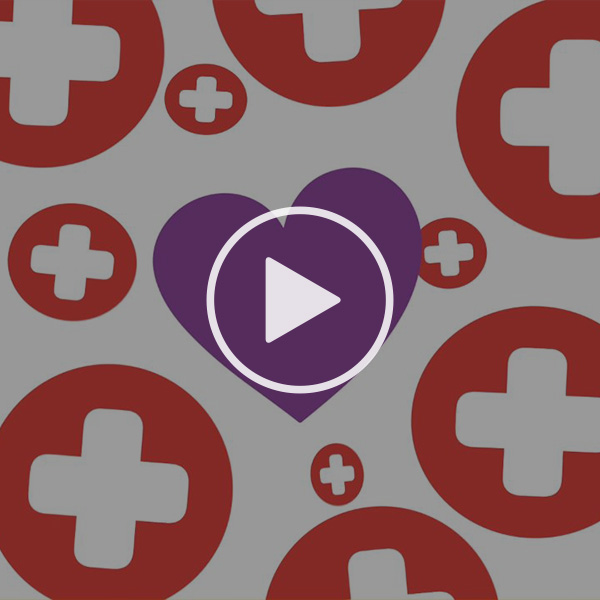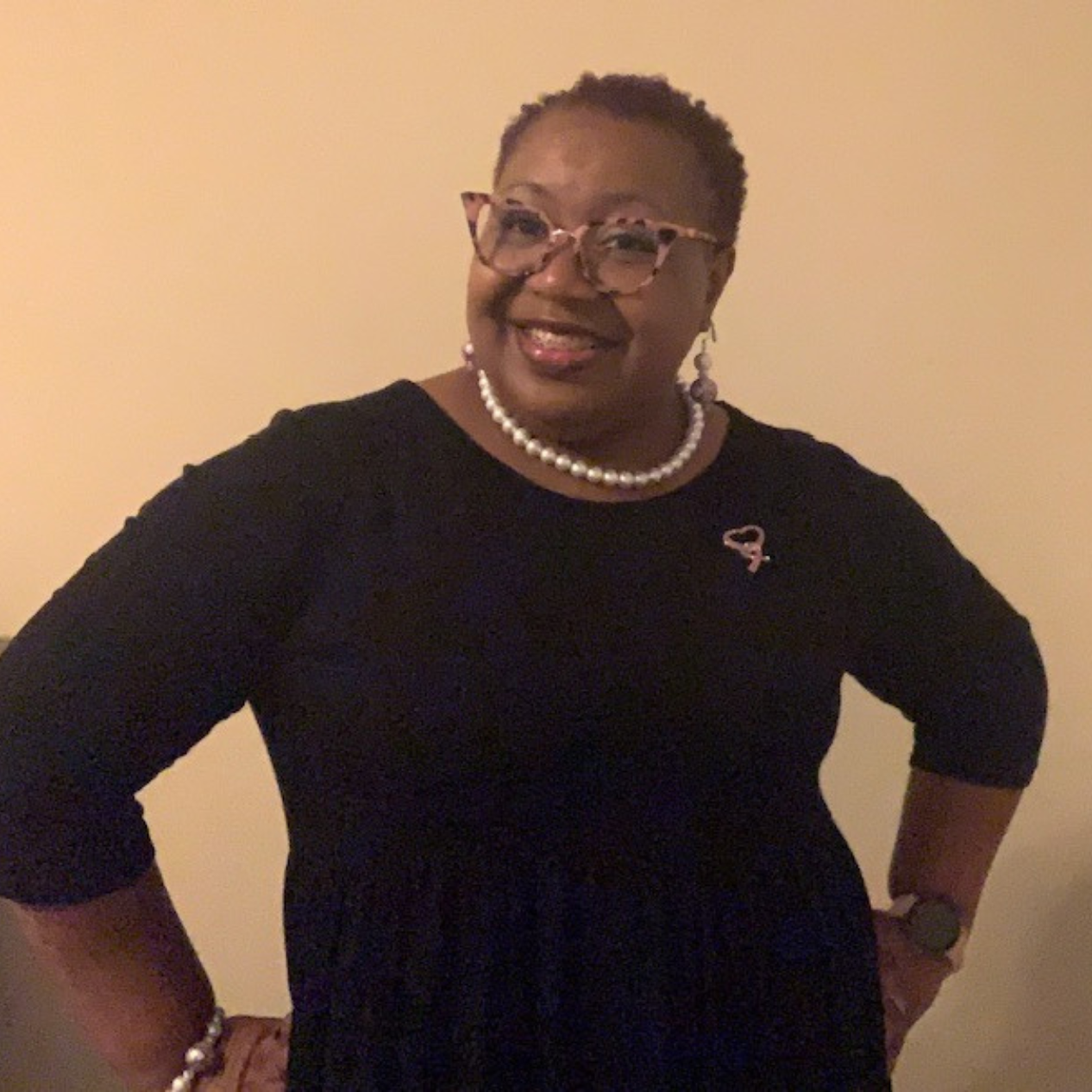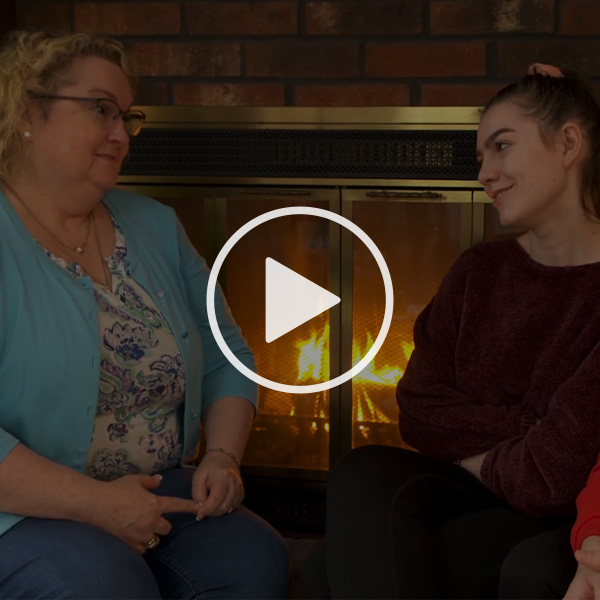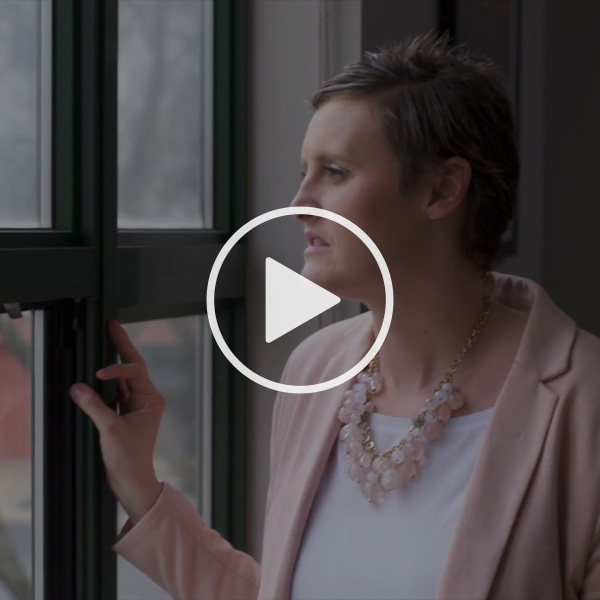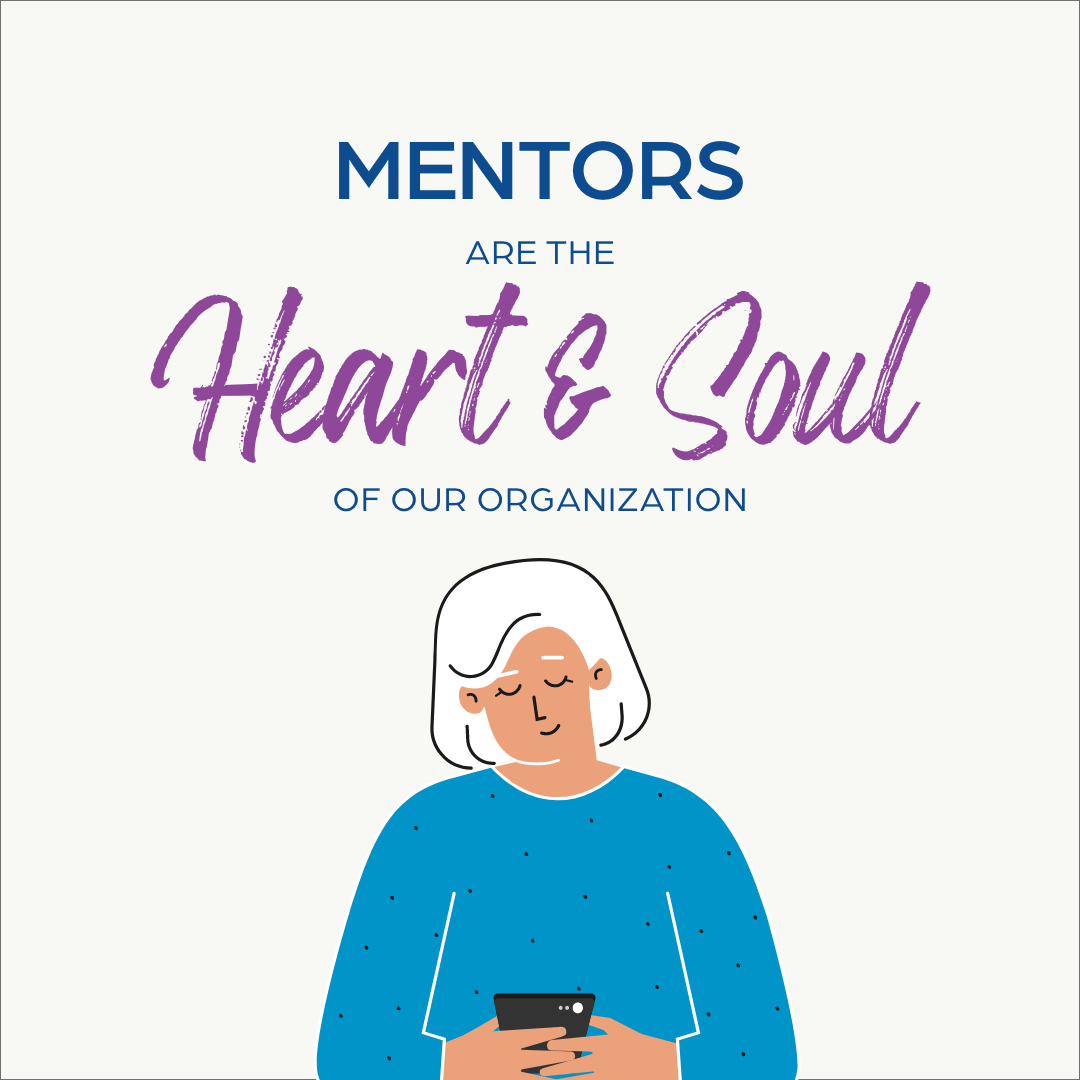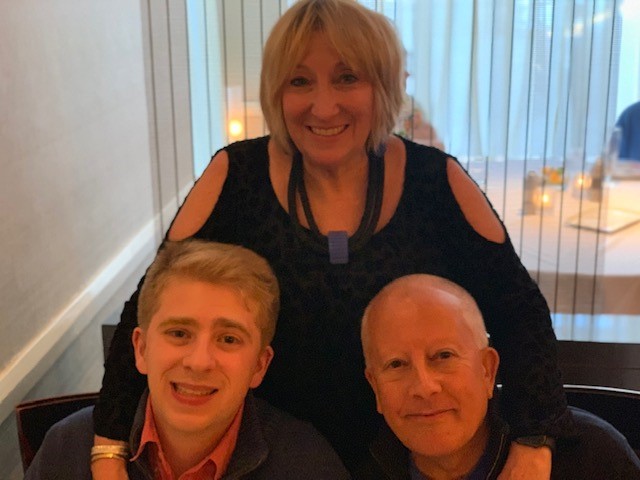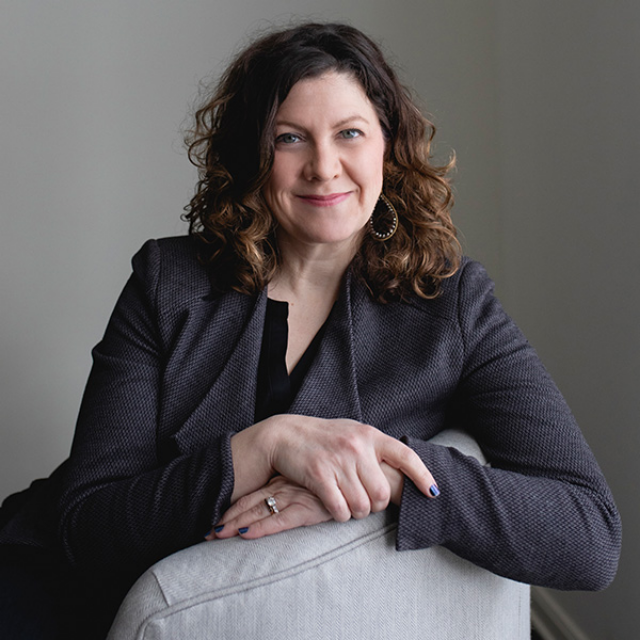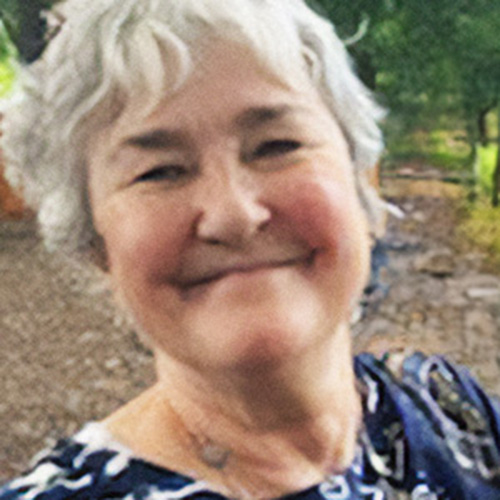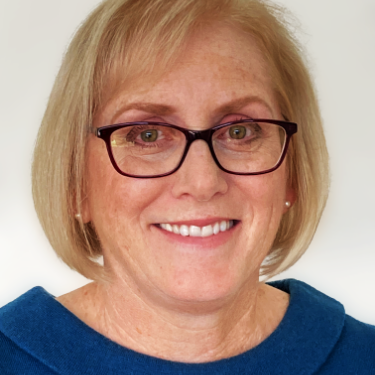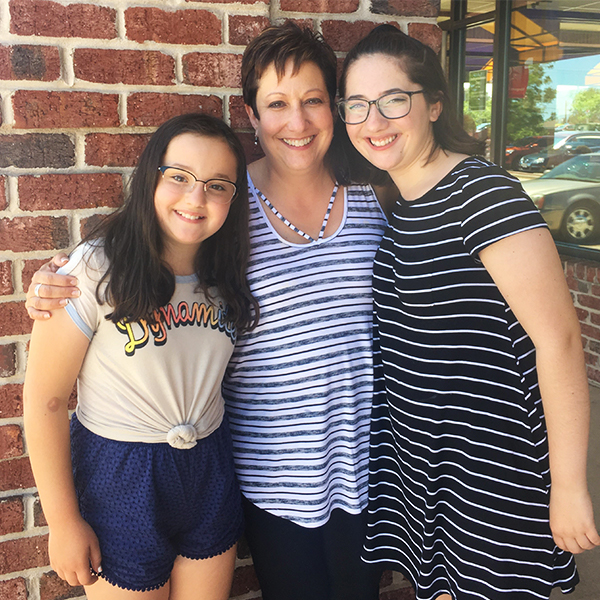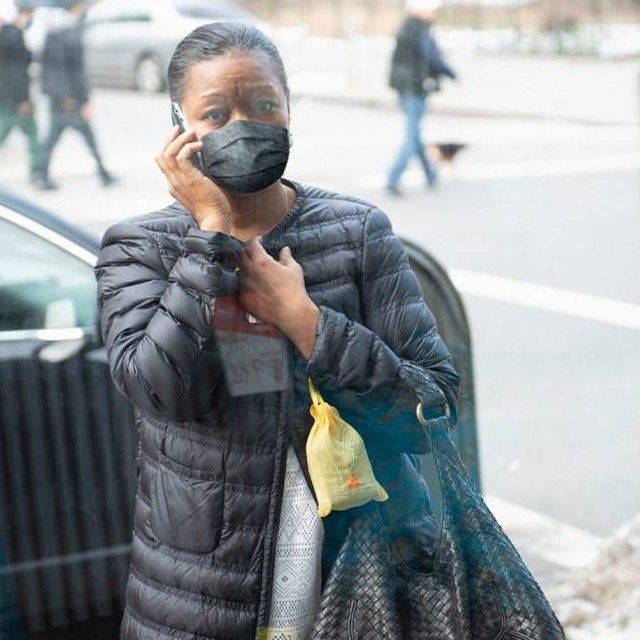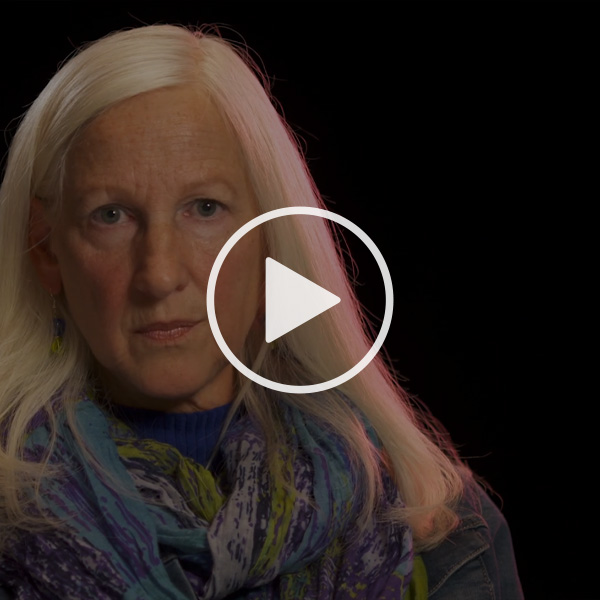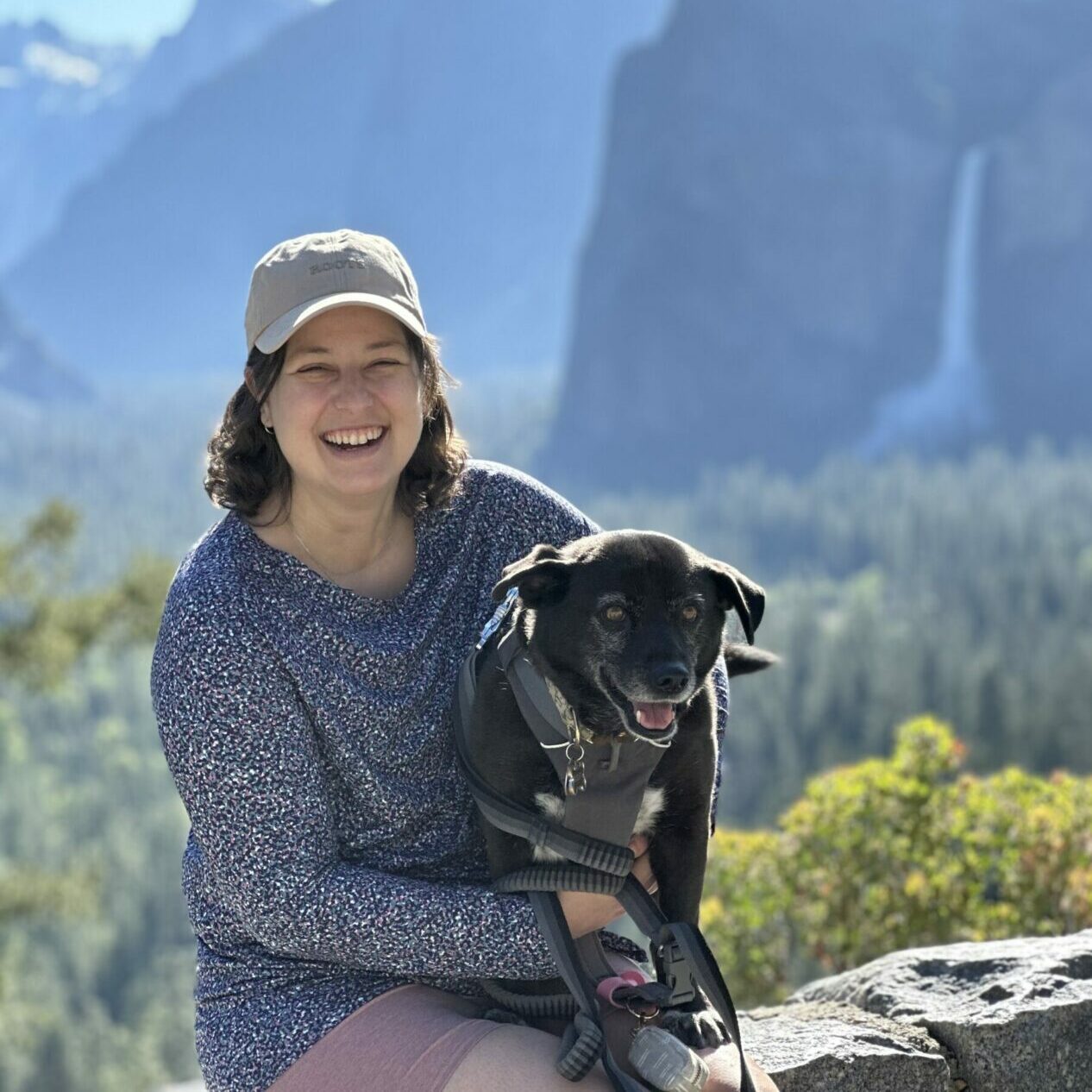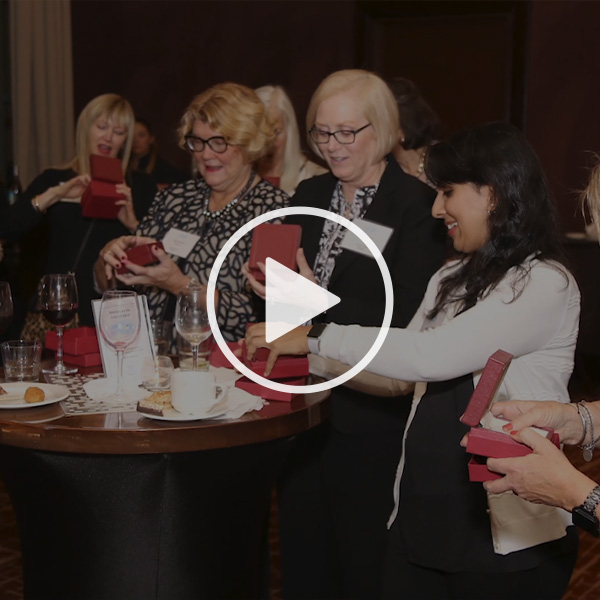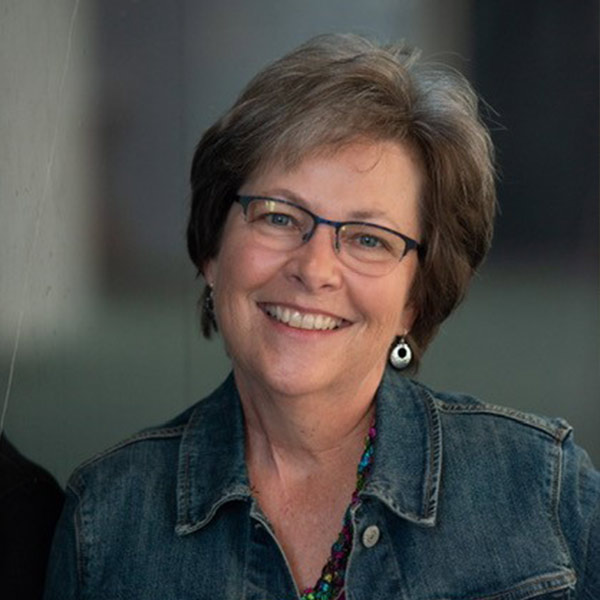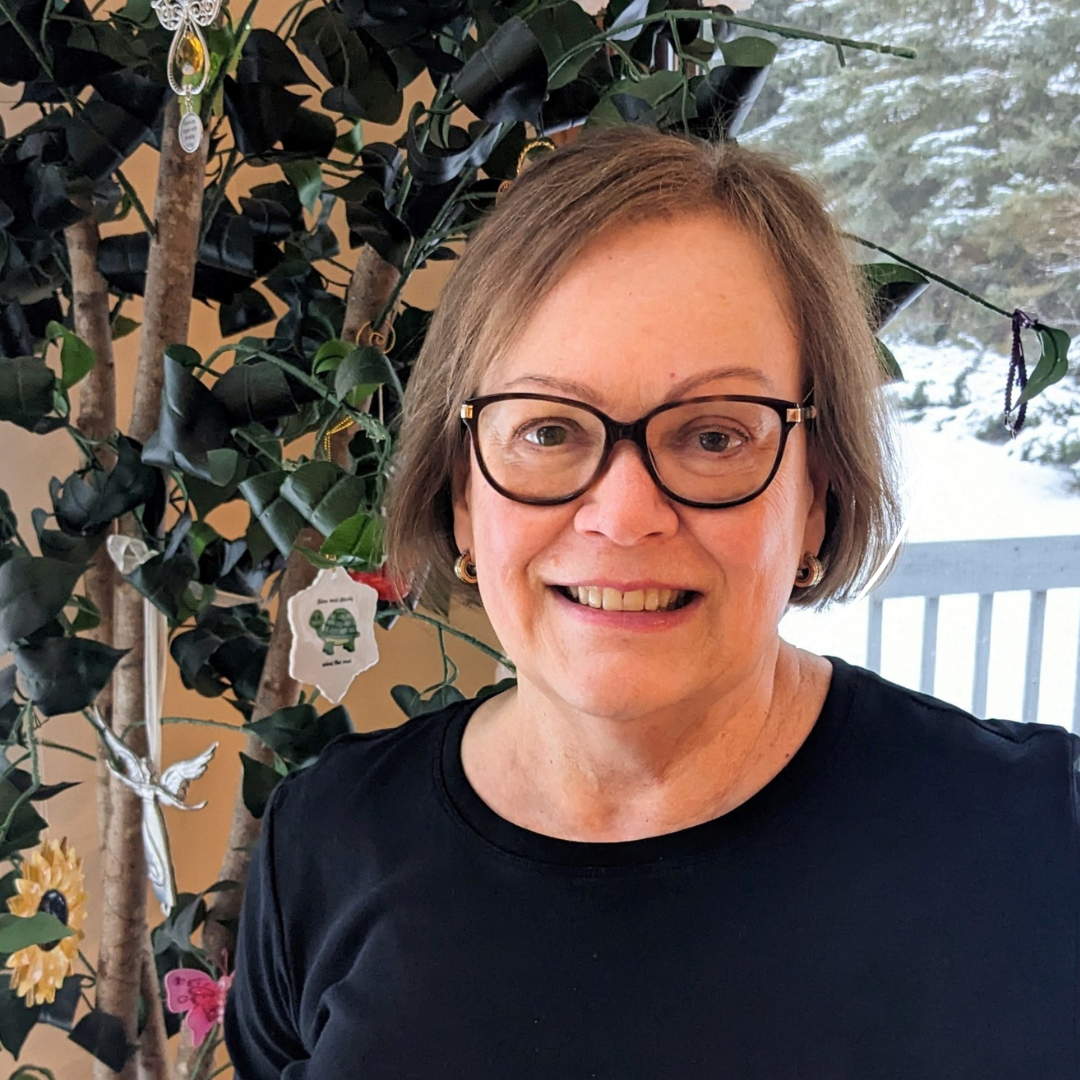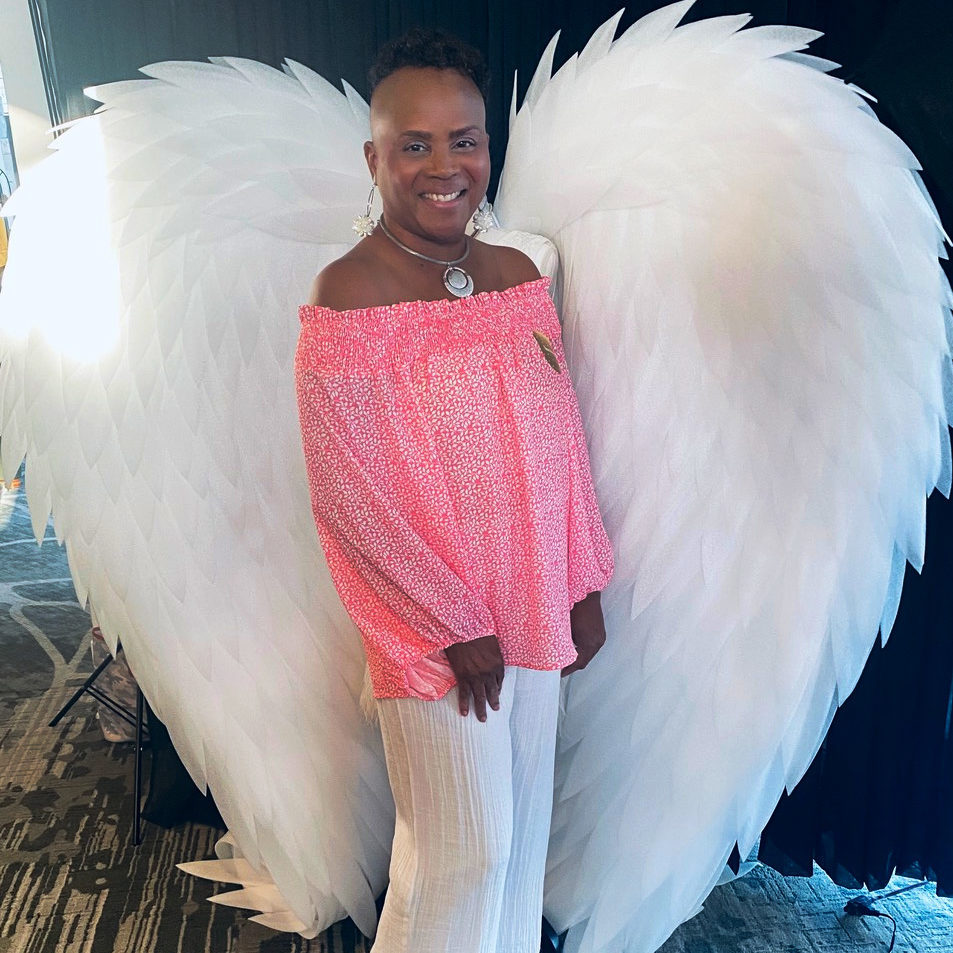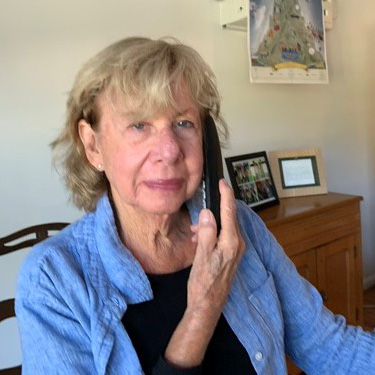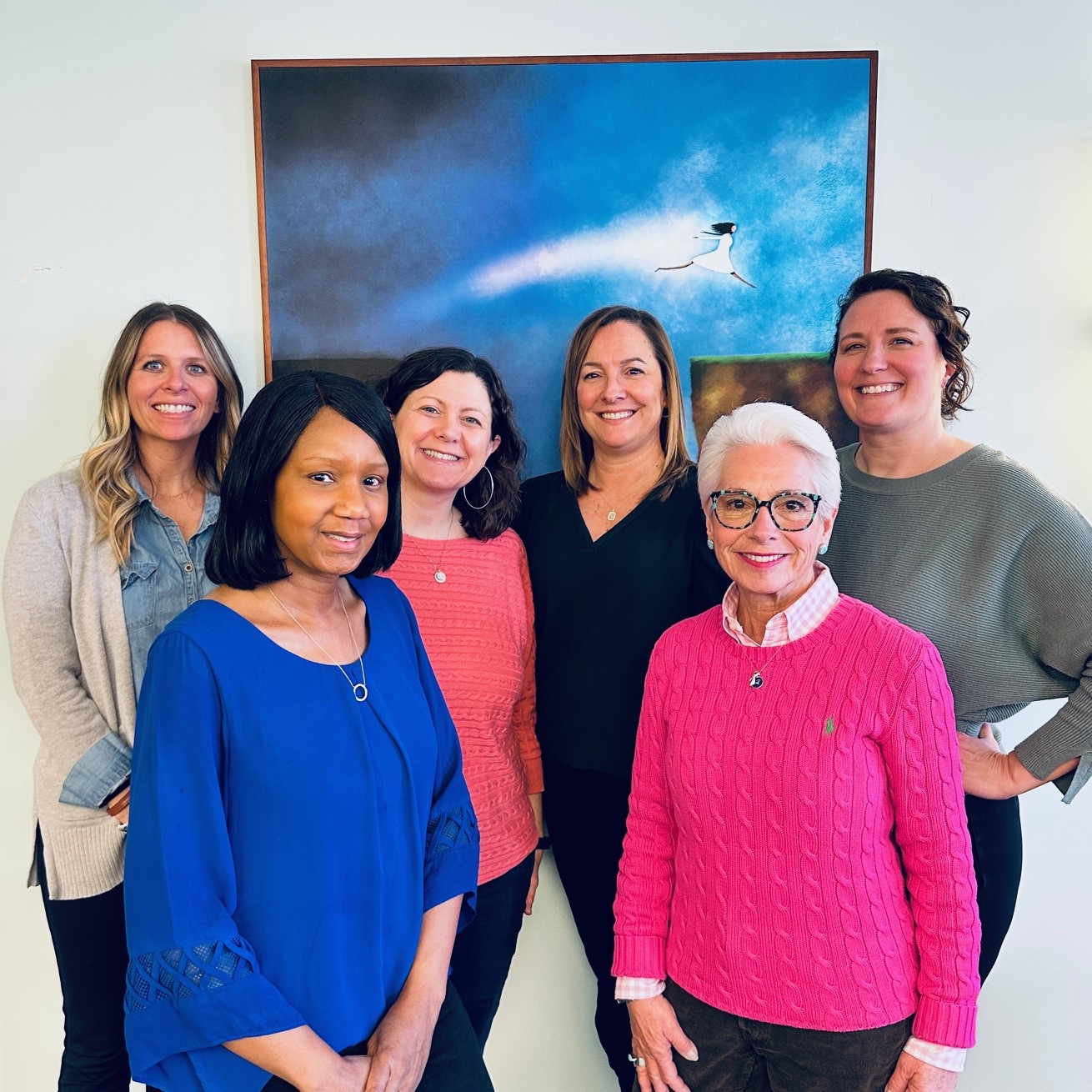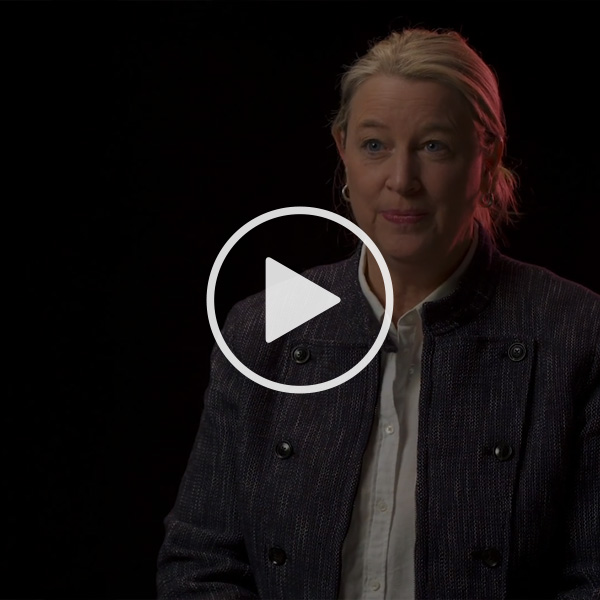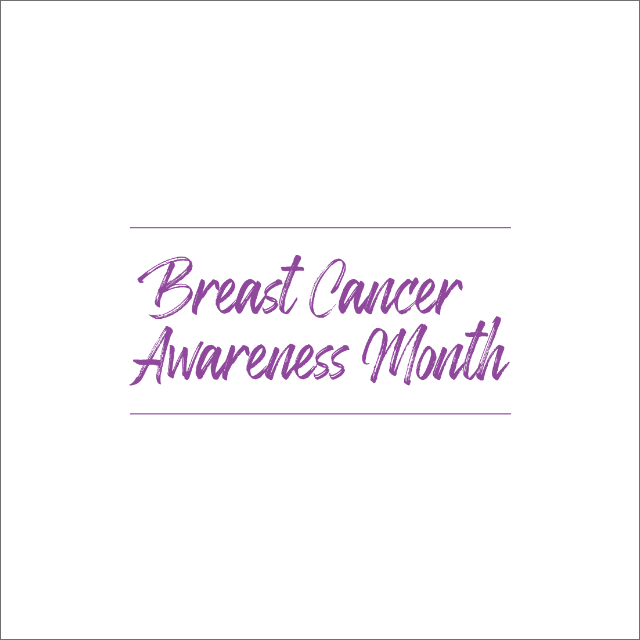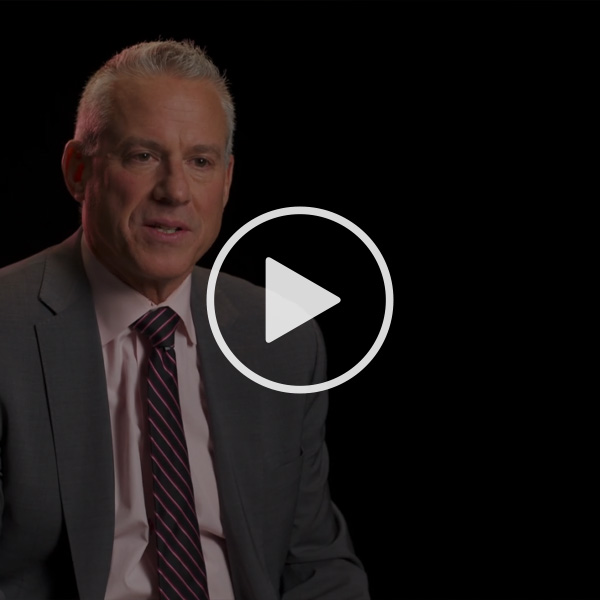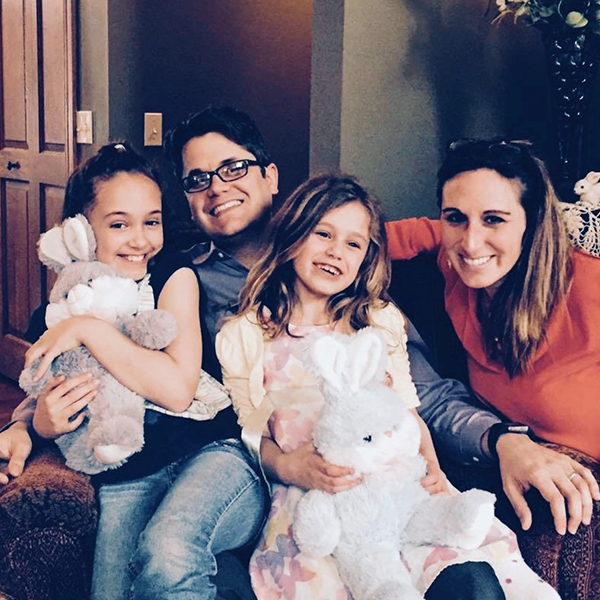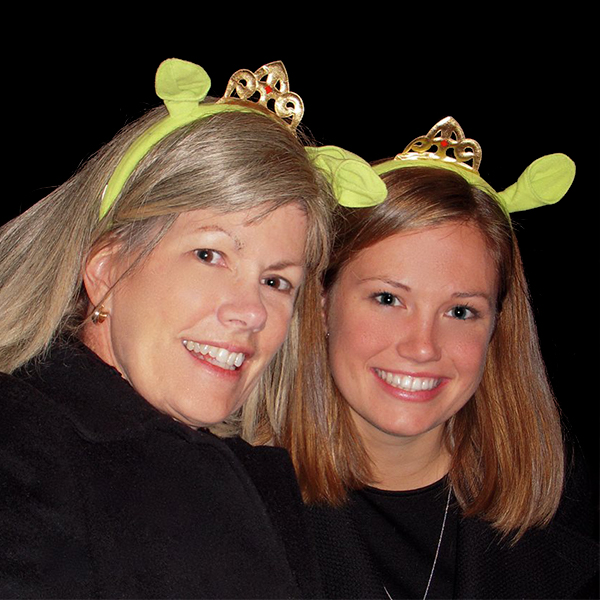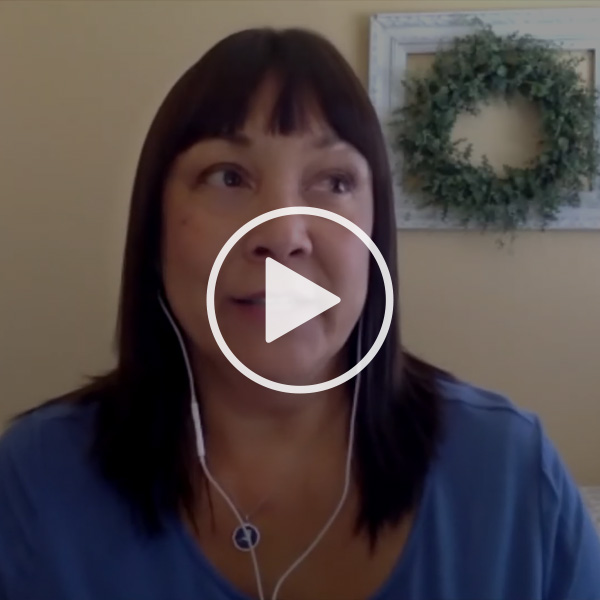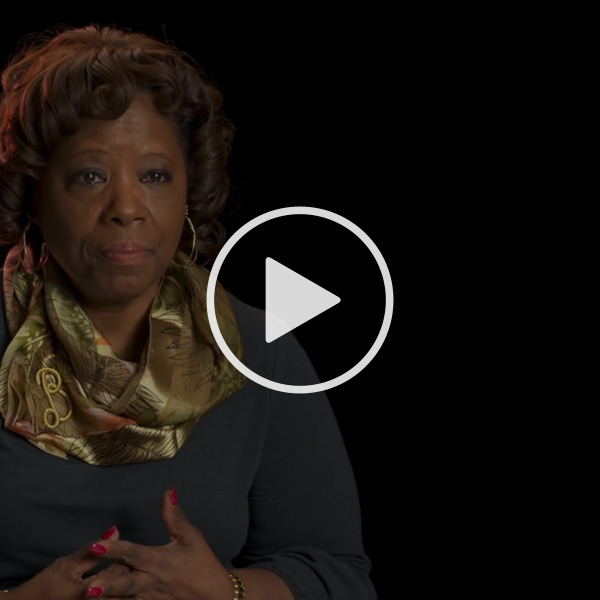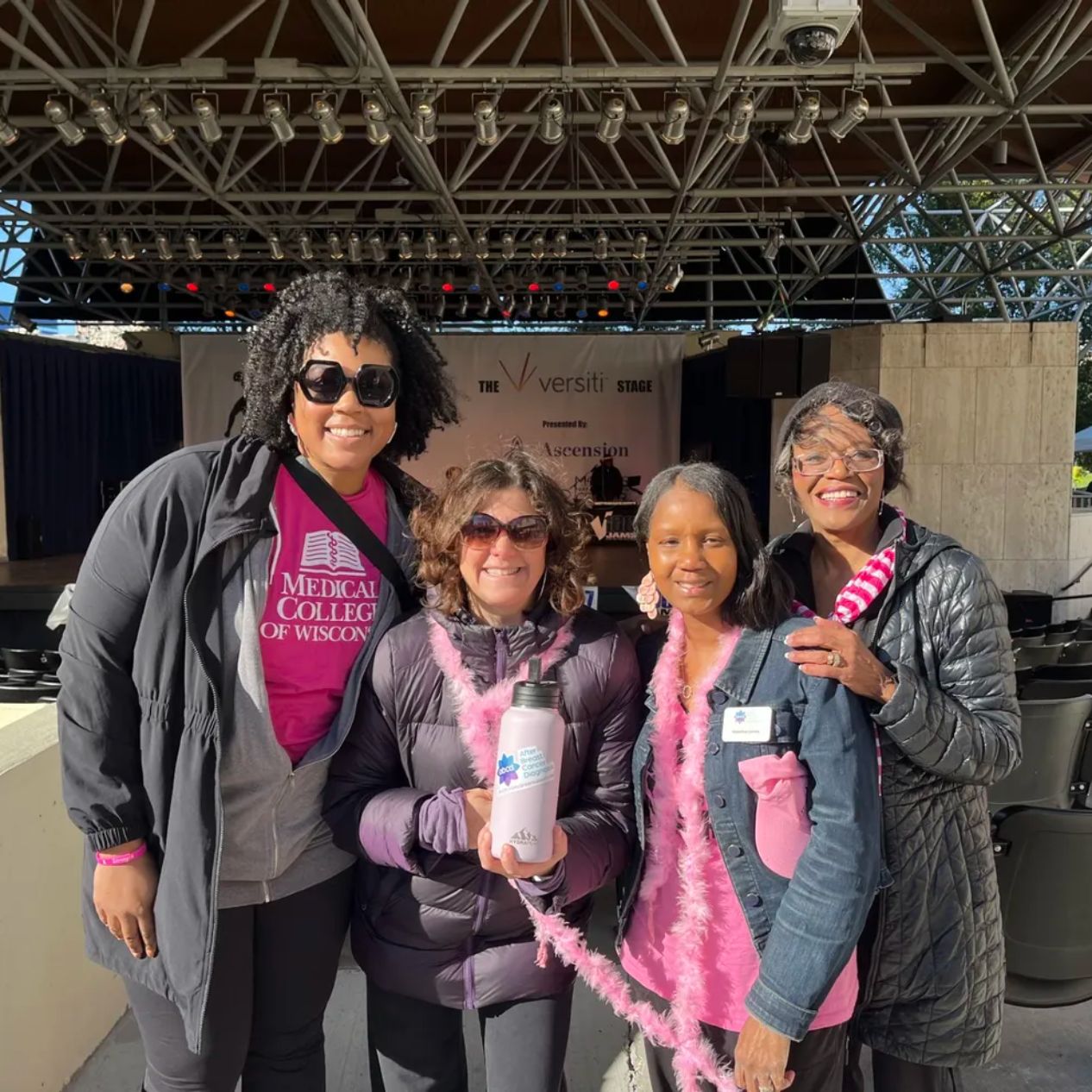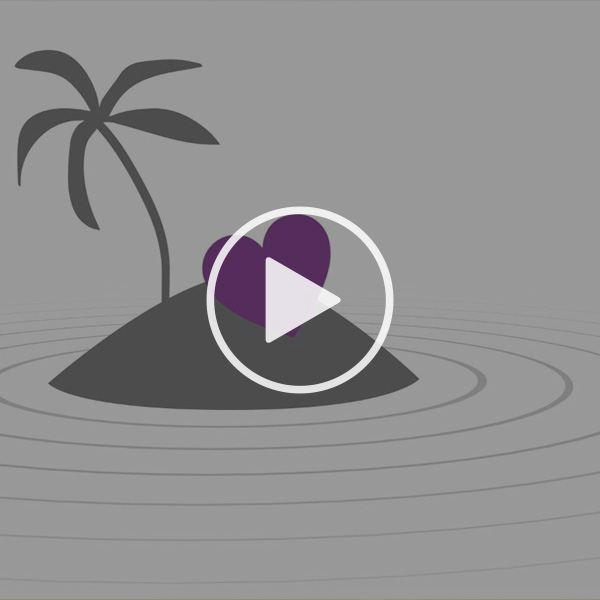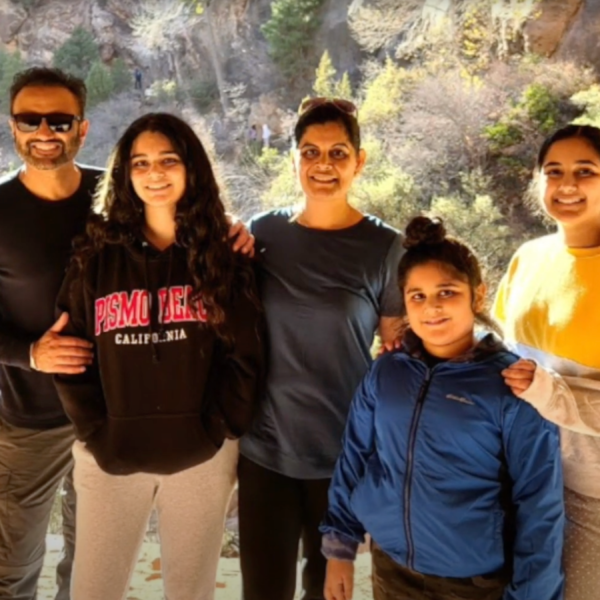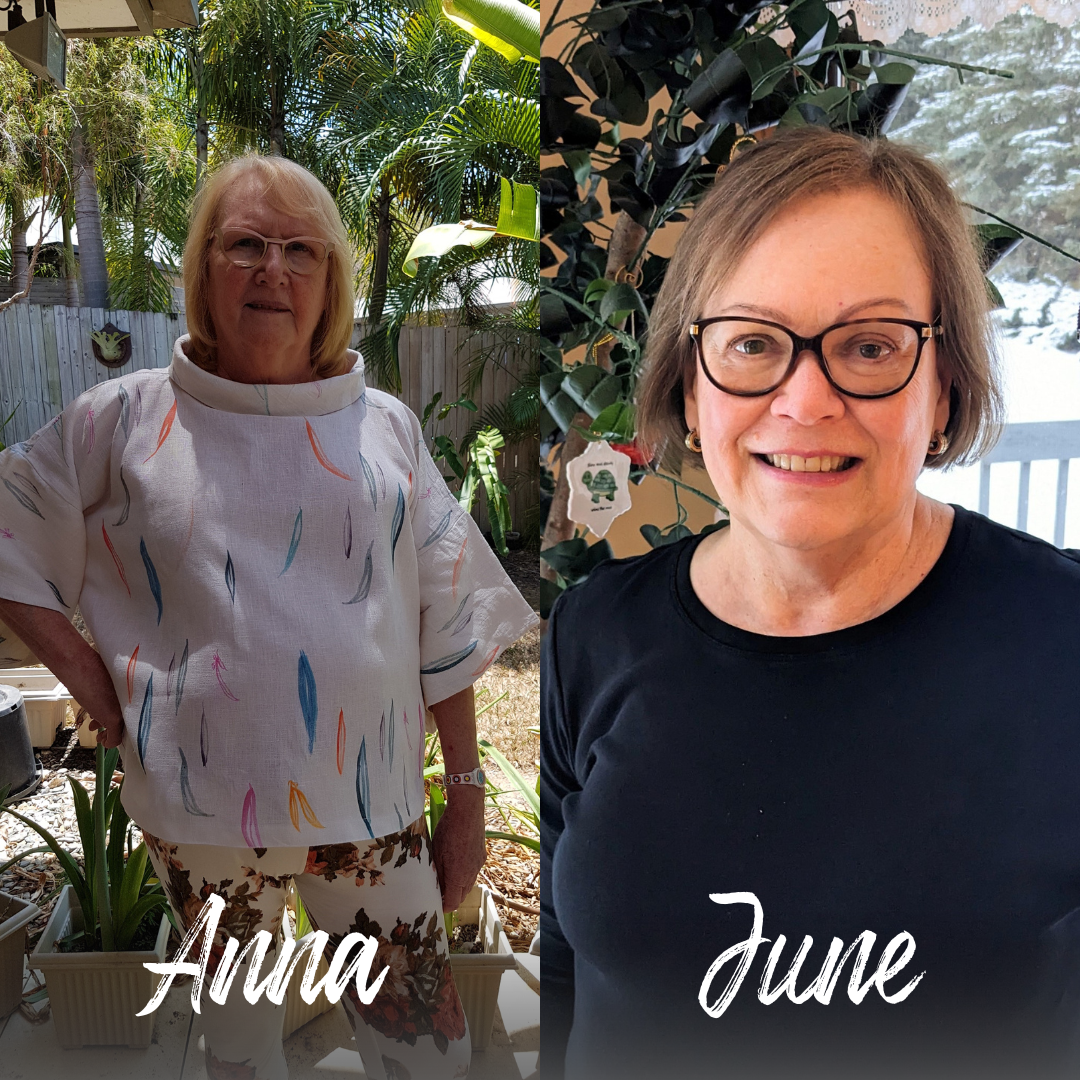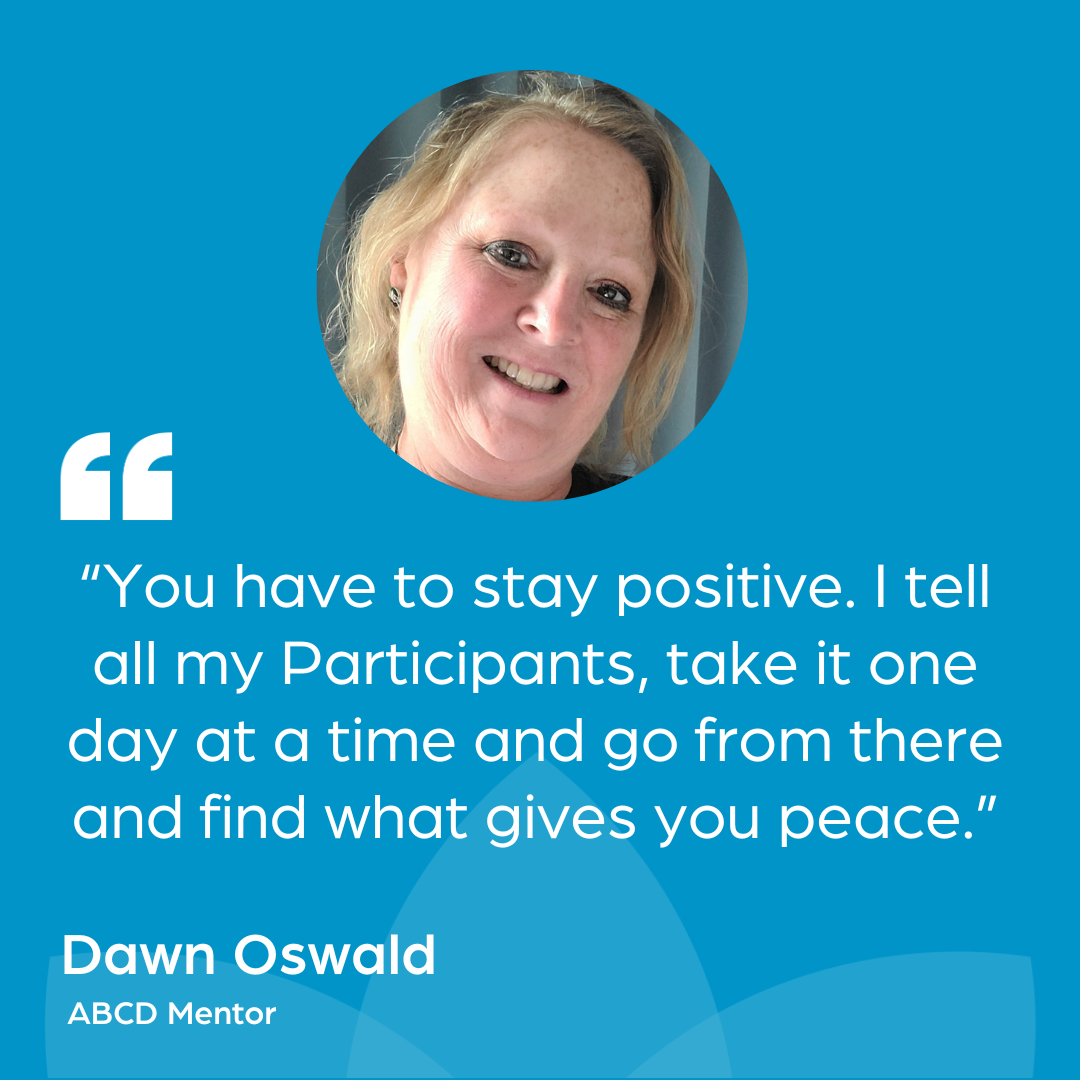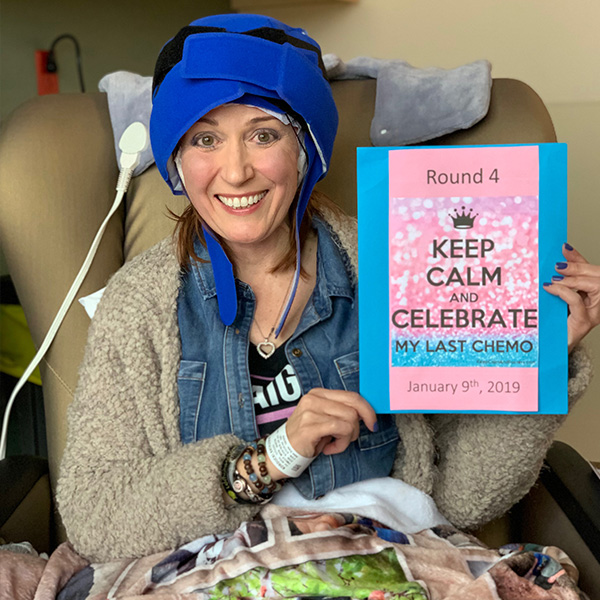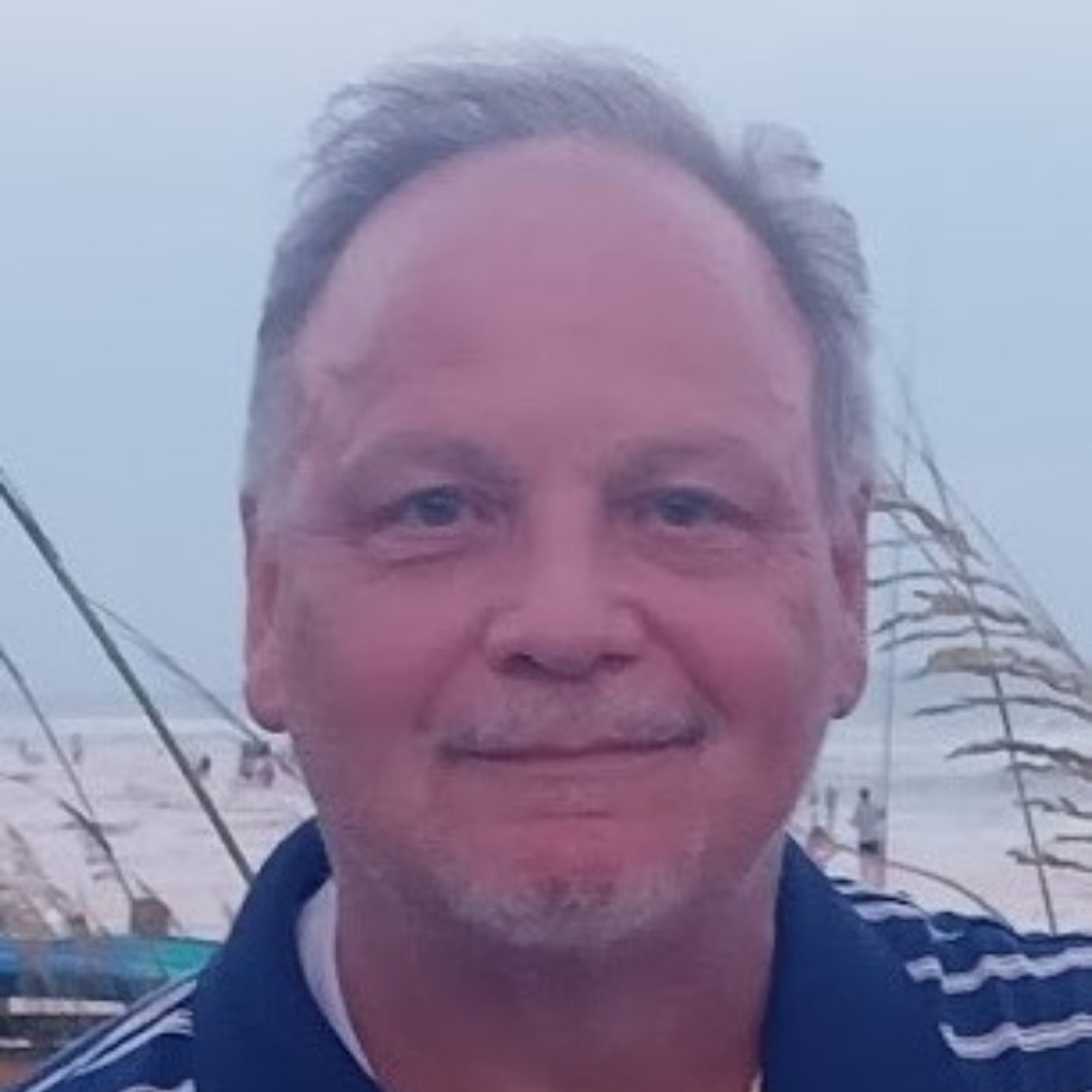
ABCD’s Male Mentors Want Others to Know: “You Don’t Have to Do This Alone”
— By Gina Rich
March 22, 2024
For a man, the average lifetime risk of breast cancer is approximately 1 in 726, according to the American Cancer Society. When men are diagnosed, there’s often nowhere to turn for support. ABCD’s male Mentors want to change that.
Kurt’s Story
In the past, Kurt DeAngelis described himself as “one of those men that did not know that men could get breast cancer,” he says. That changed in 2016, when Kurt’s wife felt a lump in his breast and asked him, “How long have you had that lump?”
“Being a guy, I’m like, ‘What lump?’” says Kurt, who lives in Alabama. “I had noticed that I had an inverted nipple on that side,” he says. “I wasn’t really aware of the significance of it.”
With his wife’s encouragement, Kurt contacted his doctor and was scheduled for a mammogram. “That was an experience in itself,” he says. He remembers staff at the imaging center asking him if he was in the right place.
The mammogram prompted more testing, so Kurt underwent a biopsy, then left town on a scheduled work trip. A few days later, Kurt got the news he’d never expected. “I was a thousand miles away from home when I got the call that it was breast cancer,” he says.
Kurt was diagnosed with Stage 1 invasive ductal carcinoma. After that, “things happened fast,” he says. Kurt had a single mastectomy and lymph node removal, followed by several rounds of chemotherapy. His treatment also included tamoxifen, a form of hormone therapy.
Throughout treatment and recovery, Kurt was able to find some lighthearted moments. “I gravitate towards the dark humor side of things sometimes,” he says. Relaxing outside one day between chemotherapy sessions, he noticed wispy strands blowing in the air and assumed they were coming from nearby cottonwood trees. Then it struck him that there weren’t any such trees in the area. “I realized it was my hair that was falling and flowing out,” he says.
A year after finishing treatment, Kurt decided to help raise awareness about breast cancer by participating in the Komen Race for the Cure. The experience was eye-opening. “I was the only male there wearing a survivor bib,” Kurt recalls. “I was a curiosity.” People approached him to ask questions. Many admitted they didn’t know men could get breast cancer.
Kurt began to realize how critical it was to advocate for other men affected by the disease. “It was really kind of one of those watershed moments,” says Kurt, who has a background in education.
After that, Kurt became an advocate and spokesperson within the male breast cancer community, volunteering with non-profit organizations including HIS Breast Cancer Awareness and the Male Breast Cancer Global Alliance. He’s been inspired by the leadership of Pat Washburn and Cheri Ambrose, both of whom are working to raise awareness about breast cancer in men.
In late 2023, Kurt learned about ABCD: After Breast Cancer Diagnosis and completed training to become a Mentor. “I think it’s part of the healing process to be able to transcend what you went through and to be able to share that,” he says.
When it comes to breast cancer, Kurt understands many men don’t want to be in the spotlight. Still, it’s important to be willing to talk about it. “You can’t let your ego get in the way,” says Kurt. “It’s not about protecting your masculinity. It’s about protecting your life.”
Kurt shares openly about his experience whenever possible. As an umpire and referee, he sometimes officiates at games tied to breast cancer awareness. He thanks players and coaches for their efforts and tells them he’s a breast cancer survivor. They’re often surprised to learn this, he says.
Today, Kurt says his life is “relatively normal.” His biggest side effect from cancer treatments is lymphedema, which he manages using a compression sleeve. As a father of three and grandfather of four, he enjoys time with his family and looks forward to taking road trips with his wife and their two dogs.
And Kurt continues to go for his annual mammogram, bringing his trademark humor along. Sometimes he even asks the technologists, “Since I only have one left, do I get half price?” he says. “They don’t find my joke funny.”
Kurt was diagnosed in 2016 with Stage 1 IDC ER+PR-HER2+, and his treatment plan included a unilateral mastectomy, chemotherapy, and tamoxifen.
